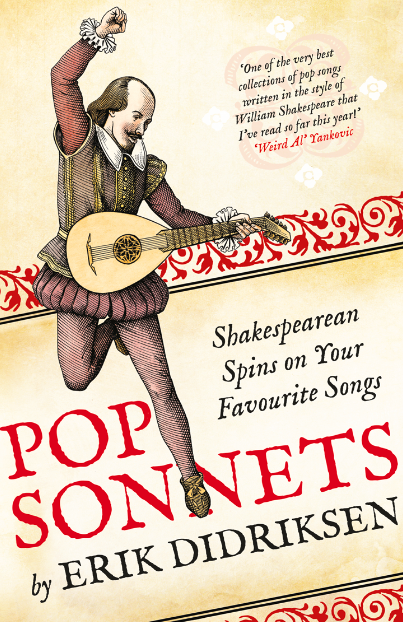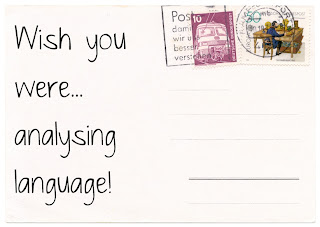
Collins GCSE English Festival – Pop Sonnets: A Lesson Plan
Here's a thought experiment: what current books will be read in the future? What movies and TV shows will they watch a century from now? What songs from 2015 will they listen to in 2215? I don’t mean this in an academic or archival sense; I'm talking about the works people pick up and enjoy on their own — the way Pride and Prejudice and The Adventures of Sherlock Holmes still grip us despite being over a century old. Read More




